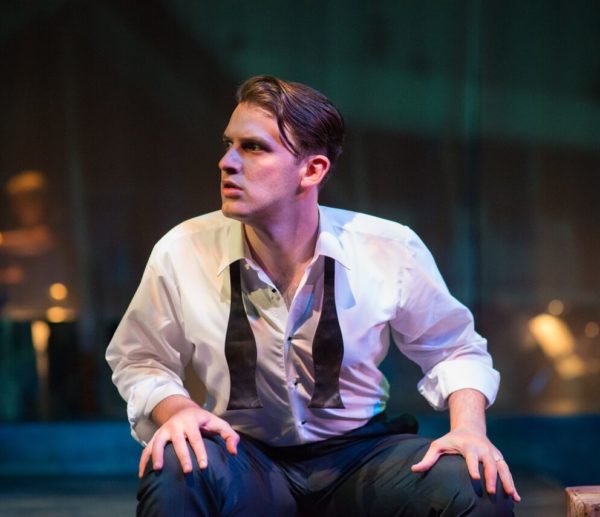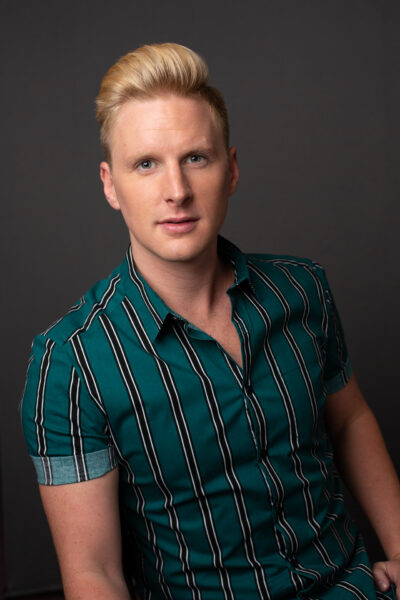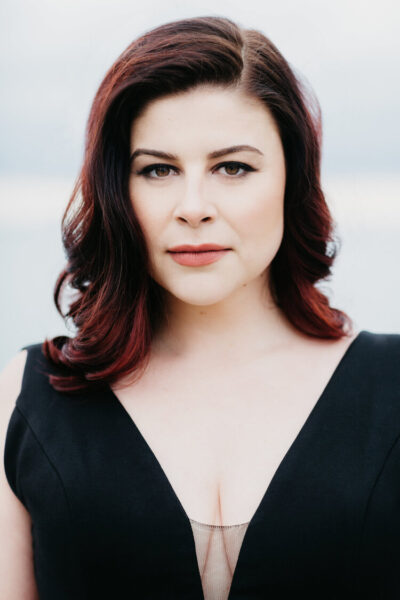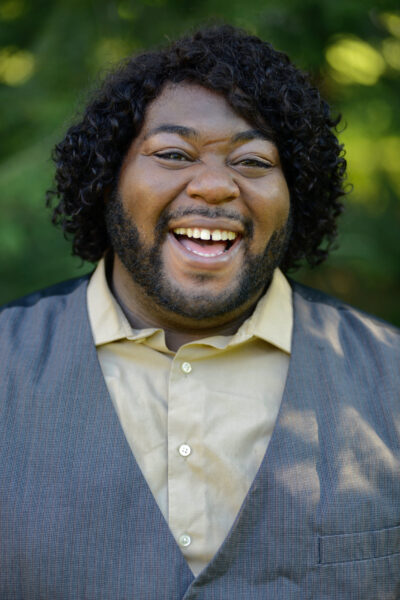Evan Bravos was in the sixth grade when his mother got him to join the school choir, which she hoped would cure his shyness. Maybe it worked (he doesn’t seem shy now, after all). Or maybe she had other reasons. She had heard him sing. All the Bravoses sang or played the piano or both.
Which means that anybody who was shy already had the cure for shyness in the music, which makes conversation unnecessary or sometimes even unwelcome.
Bravos, the eldest of four children, also played the organ for a time for his Greek Orthodox church in St. Charles, Ill., and danced with a Greek dance troupe. He also pursued soccer and swimming for a while, but found peace singing and playing piano for his grandfather on classic Rodgers and Hammerstein tunes.
The milestones of his memory all have music in the background or the foreground. There is, for example, a 10-mile drive he took from St. Charles to Elgin, Ill., right in the middle of the school day for a week. He was a junior then, and a conductor had hired him to sing with the Elgin Symphony Orchestra.
“I remember leaving school for rehearsals that week,” he said, “and I’m thinking, ‘All my friends are sitting in math class and I’m driving to the symphony for work. And I think this is what I want my life to look like.’”
His baritone voice and height and looks made him a natural fit for musicals, which Bravos stepped into as easily as a crosswalk. The signs were in alignment, pointing to a career in voice.
“By my senior year I was really convinced that I could do this,” he said.
Today he is 31 and ascending, coming off a talked-about performance in Cold Mountain at Music Academy of the West in Santa Barbara, Calif. Composer Jennifer Higdon had come out for the West Coast premiere of her opera, based on the Charles Frazier novel, and given Bravos a jolt of support for his work. He was playing Inman, a wounded Confederate soldier whose deeper injuries lay within the psyche.
“She was fantastic,” he said of the composer. ”She was so kind.”
Bravos knows he’s coming to the end of a growth phase for singers in their late twenties. That’s when the young artist fellowships have ended and every role now must be won outright against the broadest competition.
He figures his schedule will get more streamlined soon. Not that he minds a schedule that varies by the day.
“It’s like, ‘Okay, what is my job today’?” he said. “Am I working on an aria or am I working on preparing this choral piece? To keep going, a lot of us have to do a lot of different musical activities in order to stay afloat.”
He wouldn’t be doing anything else. “You have to wake up every day and want to do it,” he said.
“It’s like doctors doing a residency. They go to medical school for 10 years to learn what they do. That’s kind of like what we have to do. In the old days, singers stayed at one opera house for 10 years. We don’t have that luxury, so we have to bounce around. That’s essentially what it is. It’s bridging the gap.”
Of course, Bravos has done far more than bounce around. He has been putting down roots in the roles he could well repeat, as Count Almaviva and Figaro in Le Nozze di Figaro and Figaro in Il Barbiere di Siviglia; singing “The Trumpet Shall Sound” in Messiah; which in the hands of the right baritone can coat the performing space in golden tones; he has picked up an Encouragement Award from Metropolitan Opera National Council Auditions.
Tall and possessed of an easy going charm, he knows he’s got the look to match his voice type. Odds are excellent his Don in Don Giovanni, and Papageno in The Magic Flute, will only appreciate with time.
In the meantime, his resume already lists more roles in contemporary operas than singers twice his age. Some are heavier than others, taking in a wider topical terrain than was possible in a simpler age. Besides his understatedly dignified and tormented Inman in Cold Mountain, he has played Tom Joad, who sees despair and decides to go the other way in The Grapes of Wrath.
In a still darker turn, he played Pvt. Johnson and Sgt. Brown in the world premiere of An American Soldier, Huang Rao’s opera about the bullying-related suicide of Danny Chen, a Chinese-American soldier who died in Afghanistan.
“I come from a Greek immigrant family, and I think it’s hugely important for us to tell these stories on the operatic stage,” Bravos said of the premiere at Opera Theatre of St. Louis. “All he wanted to do was be an American.”
He pointed to a scene in which some officers seem uncertain whether to participate in tormenting Chen, who died of a self-inflicted gunshot wound to the head.
“Some of these guys are wanting to partake and some are not. That’s what the whole piece is about – when you speak up or when you don’t speak up in order to protect your own path. Because a lot of times people will not speak up for fear of it affecting their own career.”
It’s critical to keep the contemporary shows coming, he believes. “The opera audience is changing. How do we provide on-ramps for people under 40 or under 50?” This spring those audiences can see him in the role of Manfred Lewin in Jake Heggie’s Two Remain with Chicago Fringe Opera.
Bravos spends free time gardening on his back porch in Andersonville, or visiting family members in Chicago. He married Sarit Macksasitorn, a Thai native, in St. James Cathedral, Chicago. “Because that’s not okay in the Greek Orthodox Church,” he said, a reference to same-sex marriage.
Looking ahead, he’s got his sights set on more challenging roles, and was delighted to meet other artists recently who had signed with Athlone Artists.
“I couldn’t be more excited about the roster’s future,” he said.
— Andrew Meacham







